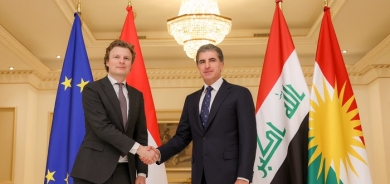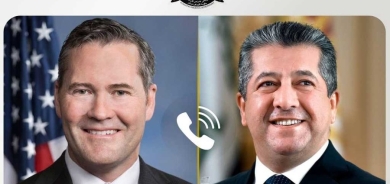Israeli Prime Minister Pledges Retaliation After Iranian Missile Strike, Calls for De-escalation Mount

The Israeli Prime Minister has vowed retaliation following a massive missile barrage launched by Iran on Israeli territory. Tehran has characterized its actions as “self-defense,” asserting compliance with international law, while tensions in the region continue to escalate.
The missile strikes, which targeted key areas within Israel, have led to an immediate military response from the Israeli government. In a televised address, the Israeli Prime Minister condemned the attack and promised a swift and forceful retaliation. “We will not tolerate aggression against our nation, and those responsible will pay the price,” he declared, without specifying the nature of the upcoming actions.
Tehran, in a statement, defended its missile barrage, claiming it was in response to earlier Israeli provocations and attacks in the region. “Iran’s actions are in line with self-defense, as recognized under international law,” an Iranian spokesperson said.
The fallout from the escalating conflict has drawn international attention, with both the European Union and the United Nations urging immediate de-escalation. In separate statements, EU officials called for a ceasefire to avoid further civilian casualties, while the UN has urged restraint from both sides and called for renewed diplomatic efforts to resolve the crisis.
Meanwhile, Israeli forces have launched fresh airstrikes on Beirut in response to the Iranian missile attack. According to the Lebanese government, dozens of civilians were killed in the strikes on Tuesday, prompting widespread condemnation and fears of a broader conflict spreading into Lebanon.
The situation remains tense as the international community monitors developments, urging all sides to avoid further escalation and engage in dialogue to prevent a full-scale regional conflict.













